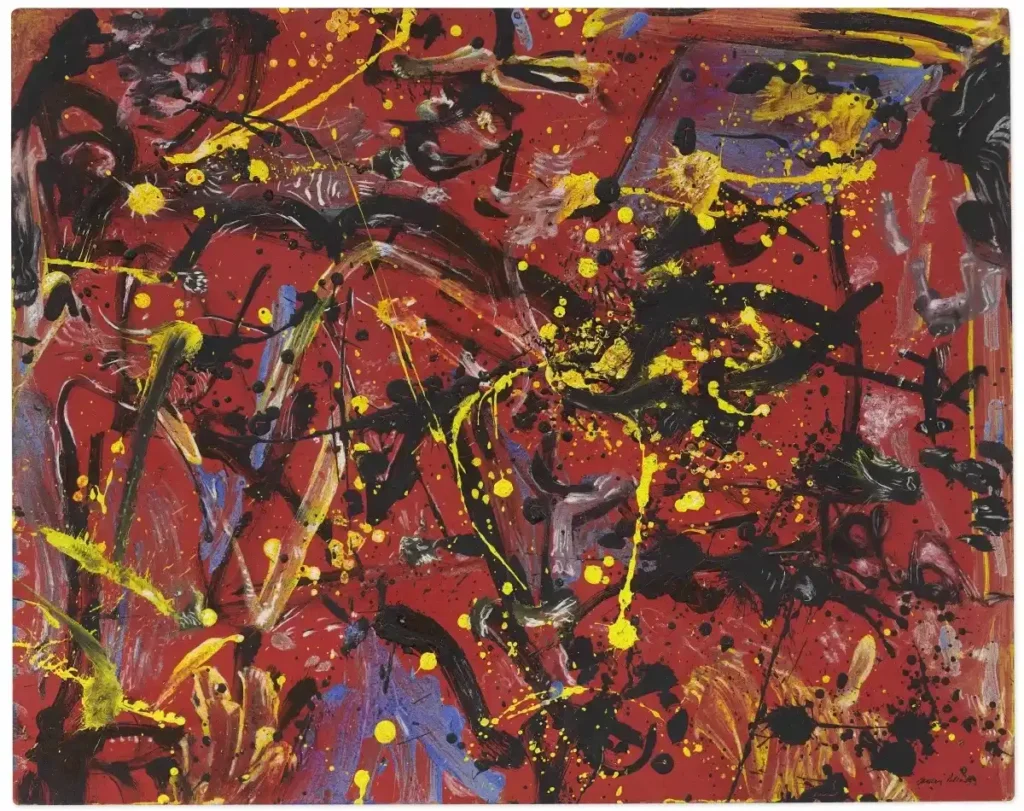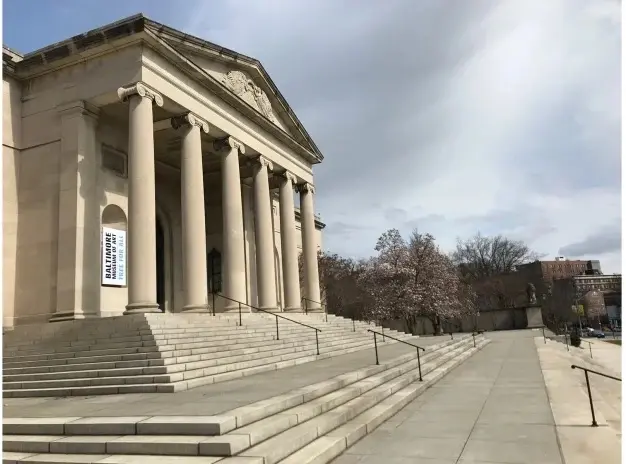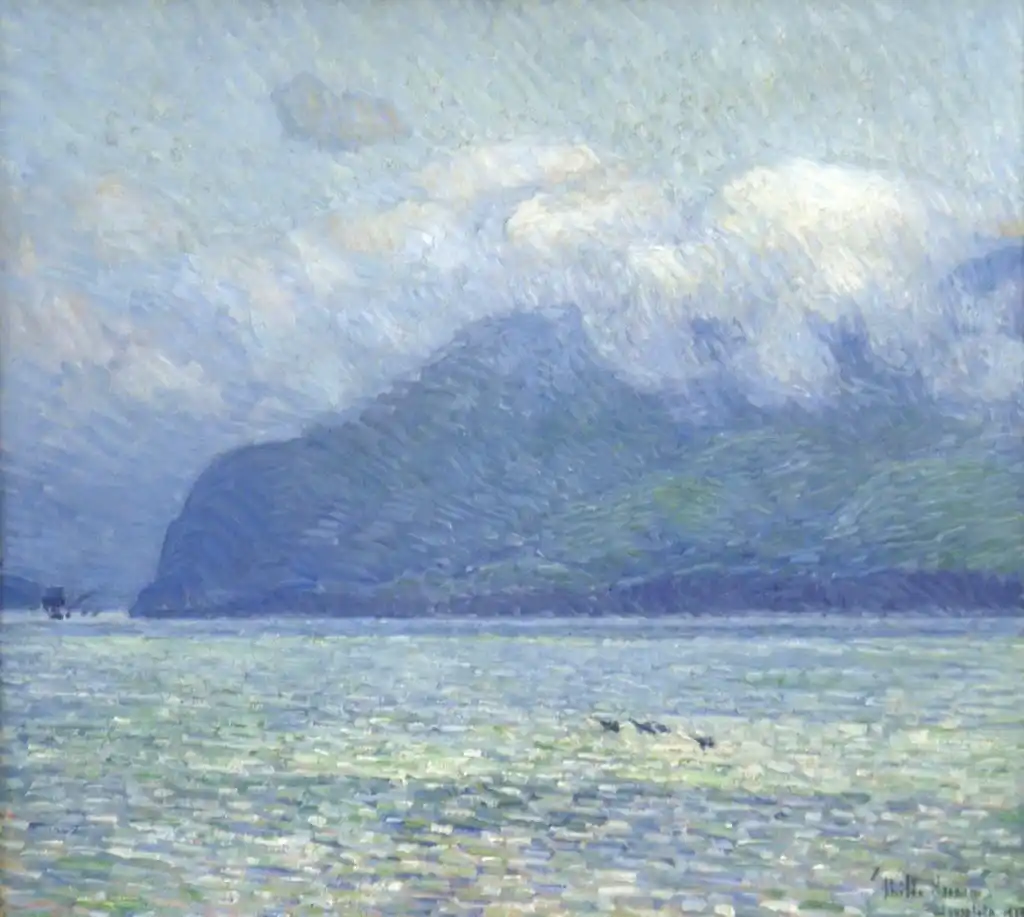The founding director of Valparaiso University’s Brauer Museum of Art, Percy H. Sloan, has filed a lawsuit against the school, arguing that the proposed deaccessioning of three artworks from the museum’s collection would go against the donor’s intent. The contested works include pieces by Frederic E. Church, Childe Hassam, and Georgia O’Keeffe, with a total estimated value of $20.5 million. Valparaiso University had planned to sell the artwork to fund a dorm renovation project, but the lawsuit seeks to prevent the move.
The proposal to deaccession three artworks from the Brauer Museum of Art at Valparaiso University has sparked controversy, with the school’s community, including Richard Brauer, the inaugural director of the museum, expressing opposition to the plan. Brauer has filed a complaint with retired law professor Philipp Brockington to prevent the sale, arguing that it would go against the wishes of Percy H. Sloan, the donor of the works in question. Sloan bequeathed his collection to the university on the condition that it displayed a representative selection of his father’s works. The lawsuit targets Valparaiso University president Jose Padilla and the school, as well as Indiana Attorney General Todd Rokita.
The recent lawsuit highlights the absence of a deaccessioning policy in Percy H. Sloan’s agreement with Valparaiso University. The complaint argues that the proposed sale of Sloan’s donated artworks or those purchased with his funds for the purpose of dormitory renovation disregards donor intent and treats his donation as an “ATM.” There has been no comment from Valparaiso representatives in response to the lawsuit.
Many organizations, including the Association of Art Museum Directors, the American Alliance of Museums, the Association of Academic Museums and Galleries, and the Association of Art Museum Curators, have opposed the deaccessioning plan of Valparaiso University’s Brauer Museum of Art. AAMD’s president, Julie Marciari-Alexander, even warned of potential sanctions if the sale proceeded. In addition, the Faculty Senate of Valparaiso University voted in favor of a resolution to request the university leadership to halt the sale due to ethical concerns and potential negative impacts on the institution.











